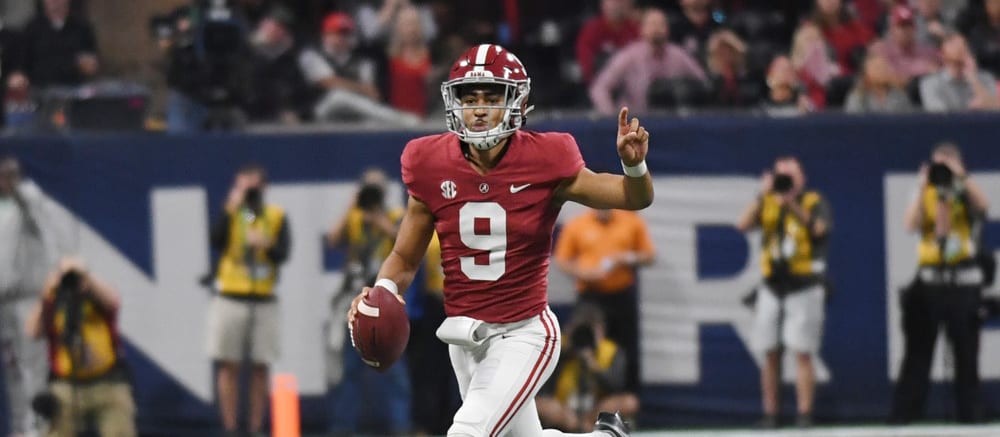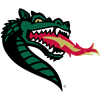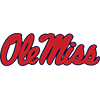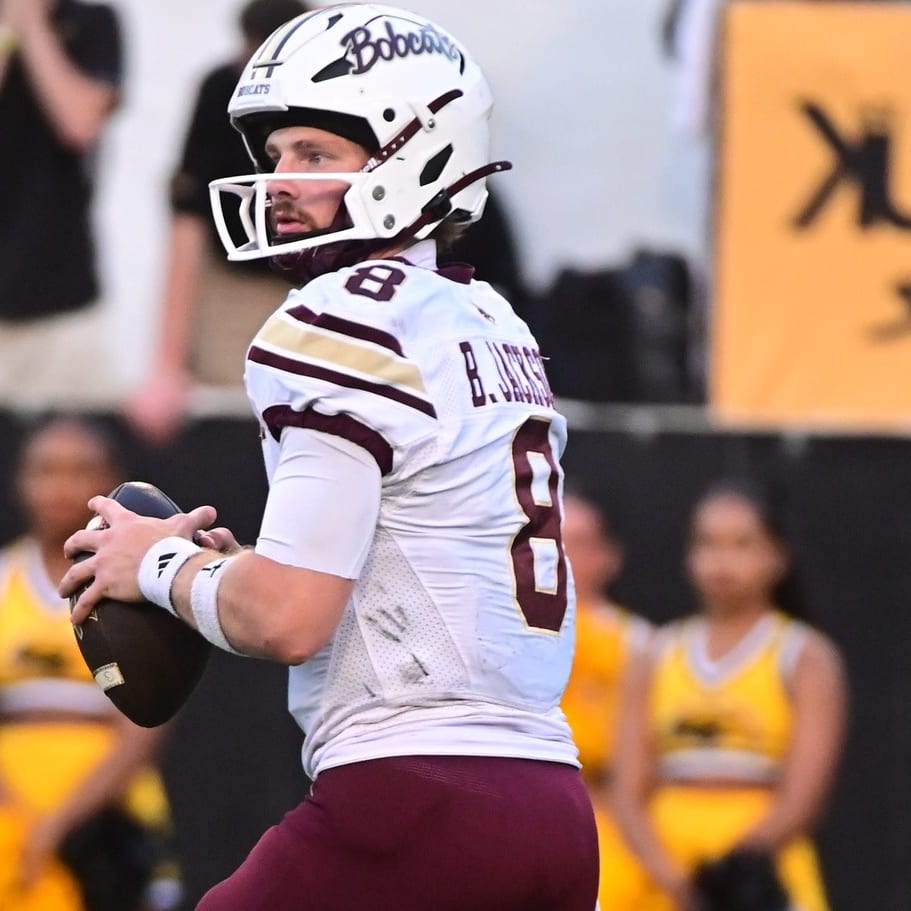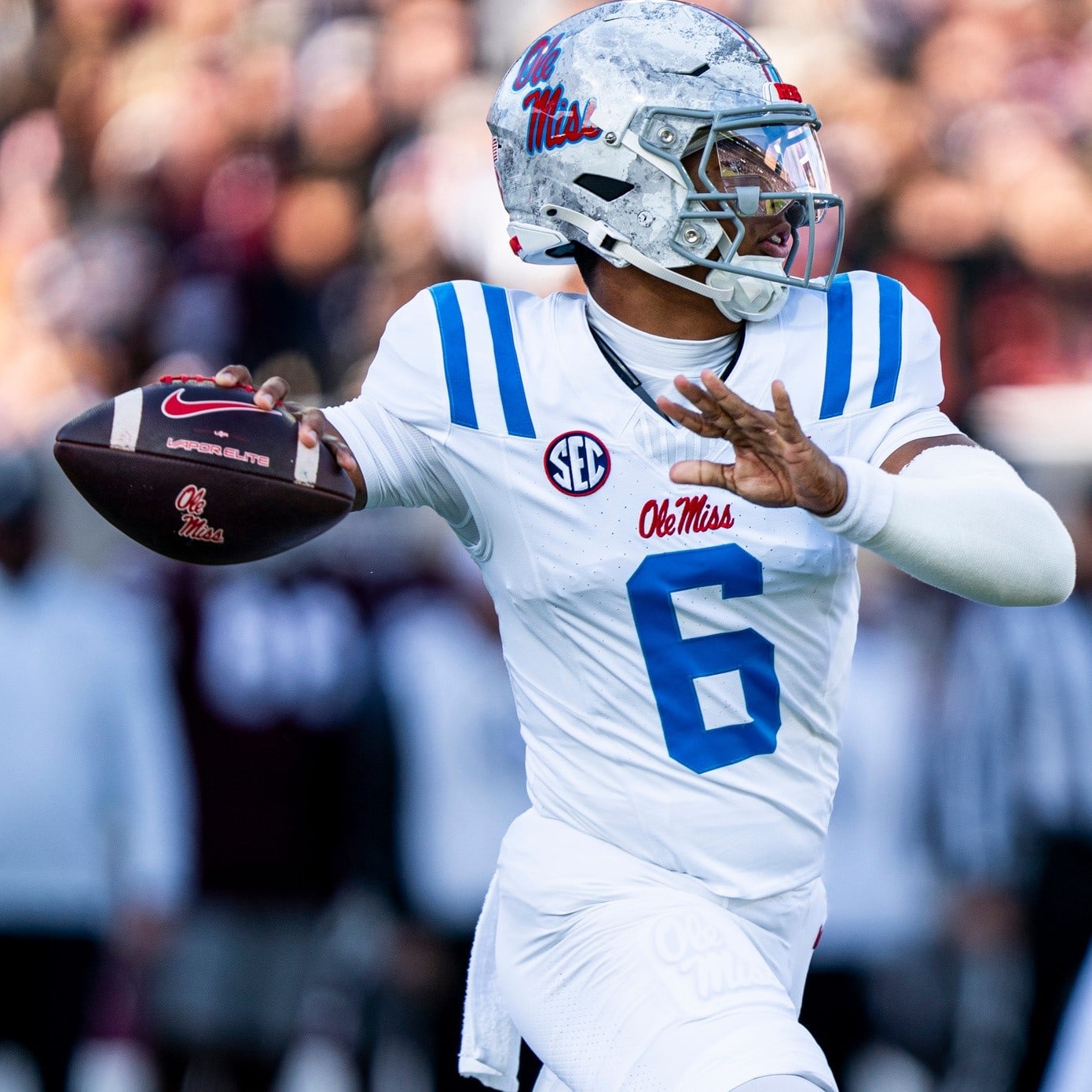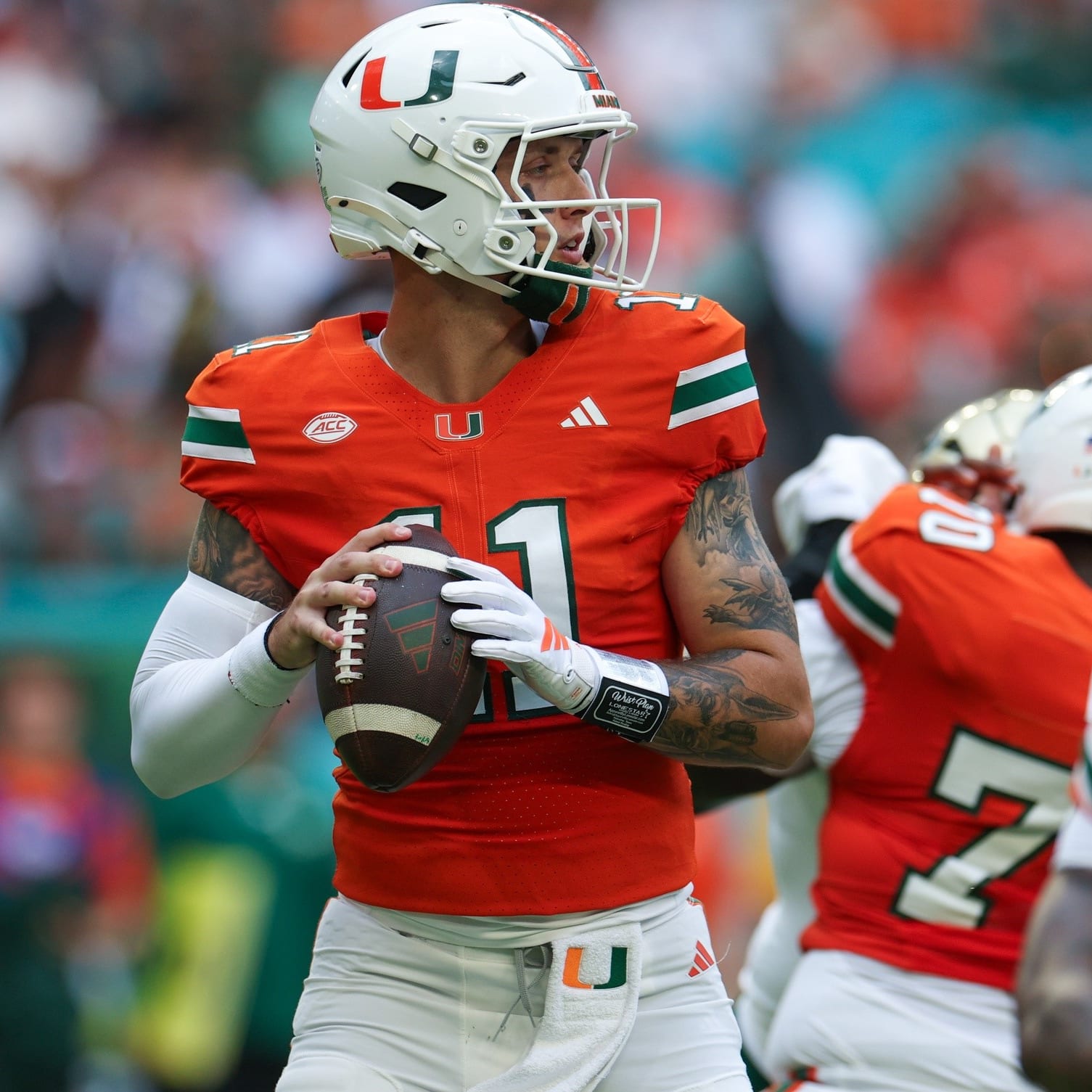College Football Betting 101
Sign up at Caesars Sportsbook using our Caesars Sportsbook promo code for your $1,250 First Bet on Caesars plus tier and reward credits.
So you've dabbled in betting on the NFL and you're thinking about playing some college ball this fall. Before you do, you should take a step back and think about how the college game is different than the pros and that's why I'm here, to give you some insight into how the college game works from a betting perspective.
I came of age in the '90s when powerhouse college football teams ruled the land. 40-point spreads weren't uncommon, even for conference games and more often than not, the favorite covered. There were no concerns about running up the score or pulling your best players because of an injury risk, the only goal was to steamroll your opponent.
A lot has changed in the game of college football over the years, but as with anything in life, it's cyclical. There was a period in the 2000s where balanced reigned, at least just below the elite level and this made handicapping extremely difficult. No longer could you simply take the better team and expect it win and cover, now these pesky underdogs were covering. It happened in the NFL as well, when there were powerhouses like the 49ers and the Cowboys in the 90s, they were gold, but I digress.
If you are considering playing some college football games this season, here are some things to consider.
College Football Betting Strategy and Tips
- Spreads are much larger than in the NFL. Whereas a 20-point spread is almost unheard of in the NFL, you'll see several 20+ point spreads on a weekly basis in college. This is due to the huge disparity in talent among some teams. On occasion, you might even see spreads approaching 60 points, but this isn't a sign to run to the sportsbook and place a huge wager on the underdog, no, this final score of said game will likely end up uncomfortably close to that spread, if for no other reason, one team can only score so many points. A few things to ask yourself before playing these large spreads:
- Is the talent gap that great? The answer is generally yes, but I'm not talking about starters vs. starters, I'm talking about backups vs. starters. How deep is the favored team? RotoWire's college football team rankings metric is a useful tool during the season to get an idea of how efficient teams are on both sides of the ball and you're also able to see teams' strength of schedule and strength of victory.
- Does the favored team score a lot of points on defense? If the spread is 50 points and you bet the favorite, you'll want to be up by at least 40 points at the half, and in order to do that, you might need some help from the defense. Teams like Pittsburgh, Georgia, and Iowa were all adept at converting turnovers into instant points last season but be wary -- turnover statistics are not sticky year-over-year, so watch for trends to develop during the season before putting faith in a team being able to reliably generate points when it's not on offense.
- What type of offense does the favored team run? Do they air it out? If so, they might put a halt to throwing the ball at the half, again, that's why you need to get close to the number by the half.
- The most important factor for the underdog is its QB. Is he a veteran QB that won't make a ton of mistakes? Remember the defense in this equation. A 50-point spread is tough to cover with the starters only playing one half unless the defense contributes.
- Early season games can be tricky because of lack of information. Unlike the NFL, where there's plenty of information on who will play and what style and how they are looking, information on college teams isn't as accessible. This is true of all information concerning college football. Don't expect an accurate injury report every Thursday, these things are kept quiet until gameday, which leads to…
- Injuries aren't often a big deal for some teams. If the starting QB for Purdue is out, that might be a big deal, but an RB for Alabama? It'll hardly matter against a regular conference foe. The elite teams have so much depth that injuries don't matter until they are facing a team on its level.
- Lack of information can lead to opportunity. A weekly college football card can consist of over 50 games, and a lot of those are games with lesser-known teams, which is why if you find a nugget concerning a team in the MAC let's say, there's actually a chance that you might have an edge. This would never happen in the NFL as everyone knows everything about every player, but there are so many college games that many fall through the cracks as the public just isn't interested. If the odds makers set the line incorrectly, the public might fail to correct it, leaving open an opportunity.
- Home field advantage means more in college. Yes, it's big in the NFL as well, but it means more in college mostly because we are dealing with young men that can get overwhelmed when things don't go their way and 90,000 fans are screaming in their ear. This is no secret however, home-field is baked into the lines, but there are some instances where home-field might mean more than the line would suggest. Perhaps it's a big rivalry game, or the visiting team is starting a young QB.
- Speaking of rivalry games, they mean more in college than the pros. Just like the NFL teams, every college team has a rival, but again, we are dealing with young men and emotion plays a large role in everything they do, so of course they are going to get extra hyped for a rivalry game. This comes into play late in the season when most rivalry games are played and one team comes in with a terrible record, while the other is having a great season. Always be wary of that team that's had a terrible season. Their entire season could be made by taking out their rival, it's an incredible motivator and one you don't see late in an NFL season when most teams that are eliminated are just playing it out.
- Back to my first point, with larger spreads comes more volatility, which means that the outcome is often nowhere near the final line. You might know where I'm going here, but I'll say it anyway -- no teasers! Perhaps there's room to mix one college game into a teaser with some NFL games, but a teaser consisting of only college games is insanity. Save the teasers for Sunday.
Beyond these things to consider, there is a process involved in picking college games. While I can't speak for everyone, I can say that my process is probably similar to most out there. Here is what a normal week looks like for me:
Sign up at the DraftKings Sportsbook using RotoWire's DraftKings Promo Code for a deposit bonus.
College Football Betting Process
The start of each college season is tricky. There has been a lot of player movement and I'm not just talking about the transfer portal. Most of this movement is due to players graduating or at least, moving of from college football. This can have a large impact on many teams, but the elite teams generally just reload. This isn't always the case however as we saw last year with Clemson, which after a decade at the top, finally bottomed out. It can happen, but it's fairly rare. Expect the elite teams to remain elite.
Early season handicapping is tough until you can get your eyes on the teams. With that in mind, I take it easy until I've seen some live action. If you must play, look for an advantage in the personnel movement from the offseason. Perhaps there is a big favorite that is breaking in a new QB. Maybe they start slowly and fail to cover a big number.
Once the season is underway, you'll start to see trends develop. What I've found over the years is that I usually fall into a rhythm with a couple of conferences throughout the season. As mentioned earlier, there are so many games that it's impossible to know everything about every team, so try to focus on a couple of conferences and get familiar with those teams. You'll find that when scrolling through the weekly odds, some games pop more than others and that's because you are getting familiar with a small group of teams.
While many handicappers look at X's and O's, I tend to focus more on the intangibles. My theory is that the oddsmakers tend to focus more on numbers than intangibles, so by focusing on things other than the numbers, I might see an advantage where others don't. I'm not just talking about obvious intangibles like a revenge scenario, I'm more looking at human nature and how more often than not, things tend to balance. College football trends are not as stable week-over-week as in the NFL and things can swing wildly in a short amount of time. An example would be a team that gets off to a rough start. My process would involve asking some questions like, what's the reason for this rough start? Can they fix it this week? Do the players on this team have a history of caving when things get tough or do they buckle up and play better?
After you've found your games, it's best to play them as soon as you can as there is bound to be a lot of movement from open to close. Some of this is due to the size of the lines as a 2-point movement on a 25-point line is not as big of a deal as it is on a 4-point line, which is more common in the NFL, but a lot is due to what I mentioned earlier and that's the fact that there are so many games that the oddsmakers are flat out going to make mistakes from time to time. If you can jump on those mistakes, then you should do it.
As far as the types of wagers I play, I'm generally sticking to full game sides and totals, but I do make the exception on big spreads. If the line is large, and I'm talking about over 25-points, then the game is generally going to play out as expected in the first half, but not the second half. Teams that build huge halftime leads almost always slow the game down in the second half, so sometimes there is value in taking the favorite or the over in the first half, when we know the starters will be going at full speed, vs. the full game where you'll likely have backups running the ball 75% of the time. Conversely, there is often value in betting the under in the 2nd half when a huge lead is in play as the main goal of the team in control is to get the game over with.
As the season progresses, I'm looking for motivation. Every team has a goal when it starts the season. Which teams have live goals, and which have little to play for? You'd be surprised at how early a team can throw in the towel if it has lost all motivation.
As with any sport, you have to be careful not to overplay the obvious angle. Revenge games and trumped-up narratives are easy to get behind; college football is no different than any other sport when it comes to these, but these storylines seem to get played up more in college football, so just be careful not to fall for the noise.
There's obviously way more I could cover here, but these are some basic rules to follow and suggestions to consider.


